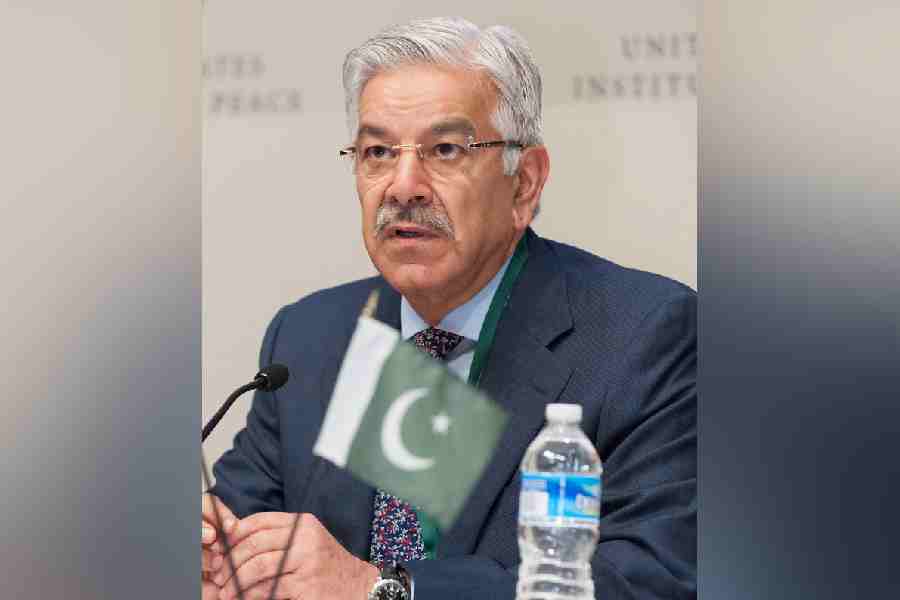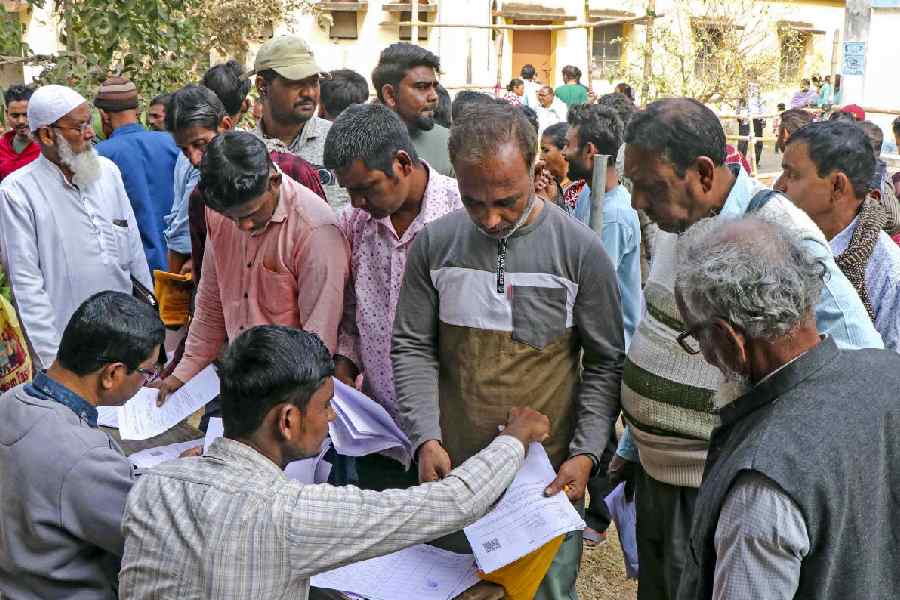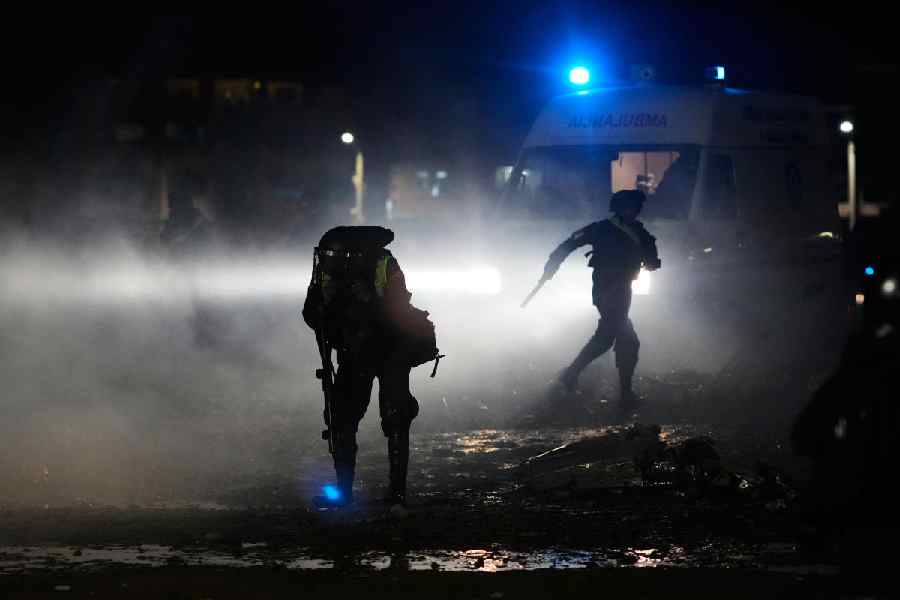Two days after Indian army chief warned Islamabad that it will be erased from the world map if it continues sponsoring terrorism, Pakistan Defence Minister Khawaja Asif on Sunday cautioned New Delhi against any future military conflict, saying India would be “buried under the wreckage of its warplanes".
Asif’s response came days after India’s Defence Minister Rajnath Singh and Army Chief Gen Upendra Dwivedi cautioned Pakistan against any misadventure.
Asif took to social media to respond sharply to what he called provocative statements from New Delhi’s top security establishment.
He termed some recent statements by Indian military and political leaders as a “failed attempt” to restore their lost credibility, which in his words was a result of “pressure” after defeat in the May clashes.
“The statements of the Indian military and political leadership are a failed attempt to restore their tarnished reputation. After such a decisive defeat with a score of 0-6, if they try again, the score, God willing, will be far better than before,” he wrote.
He, however, did not elaborate what he meant by score of 0-6.
On Friday, Army Chief Gen Dwivedi said that the neighbouring country should stop sponsoring terrorism on its soil if it wants to retain its place on the world map.
The Chief of Army Staff (CoAS) also said the restraint shown by New Delhi during Operation Sindoor would not be repeated in case of a future military conflict.
“India, as a country, is fully prepared this time. And this time, it will not show the restraint that it showed during Operation Sindoor 1.0. This time we will take a step forward and act in a manner that will make Pakistan think whether it wants to remain on the world map or not,” General Dwivedi said.
Separately, Air Chief Marshal A P Singh on Friday said at least a dozen Pakistani military aircraft, including US-origin F-16 jets, were destroyed or damaged in Indian strikes during Operation Sindoor.
The Chief of Air Staff also described Islamabad's claim of Indian losses as "fanciful stories".
"What we have gathered from the intelligence report is that because of these strikes, radars at least four places, command and control centres at two places, runways at two places and then three of their hangars in three different stations have been damaged," he said.
Defence Minister Rajnath Singh, speaking at an event in Hyderabad on Friday, asserted that the NDA government has demonstrated, through 2016 surgical strike, 2019 Balakot airstrike and the recent Operation Sindoor, that the country can cross any border whenever necessary to protect citizens and safeguard India’s unity and integrity.
A day earlier, the defence minister said any misadventure by Islamabad in the Sir Creek sector will invite a “decisive response” that could be strong enough to change both “history and geography”.
Sir Creek is a 96-km-long tidal estuary between Gujarat’s Rann of Kutch and Pakistan and is considered a disputed region due to varying interpretations of maritime boundary lines by both sides. In response to the April 22 Pahalgam terror attack, India launched Operation Sindoor on May 7, targeting terror infrastructure in territories controlled by Pakistan.
The strikes triggered four days of intense clashes that ended with an understanding on stopping the military actions on May 10.
India has been maintaining that Pakistan pleaded for ending the hostilities in May after Indian military pounded various Pakistani military infrastructure.
Except for the headline, this story has not been edited by The Telegraph Online staff and has been published from a syndicated feed.











